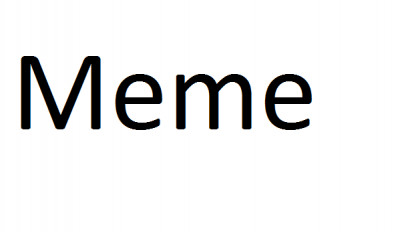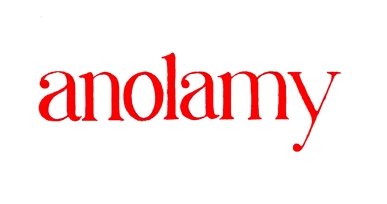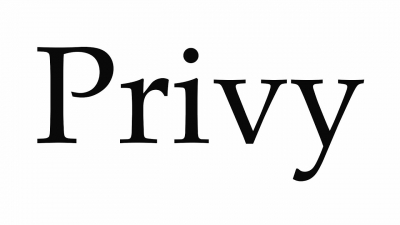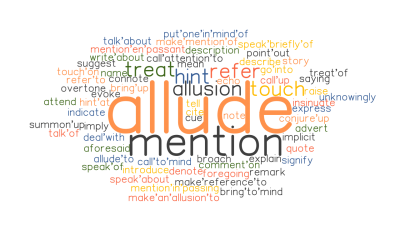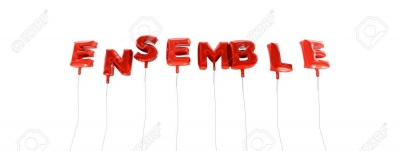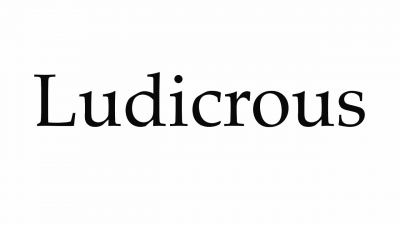What are the meaning, origin and usage of the word anglicise?
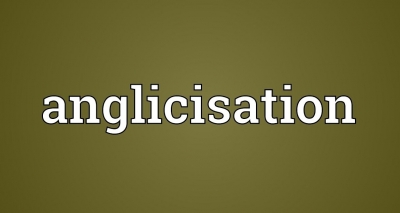
Anglicise
This is a verb, and it refers to the changing of a non-English word or a name to make it sound or look like English.
Origin:
Anglicise is said to have its origins in Medieval Latin - from Anglicus meaning "of the English. The word is said to have first been used in the early years of the 18th Century.
Example:
"You do know you get John when you anglicise Juan, right?" she told me.
Picture Credit : Google
